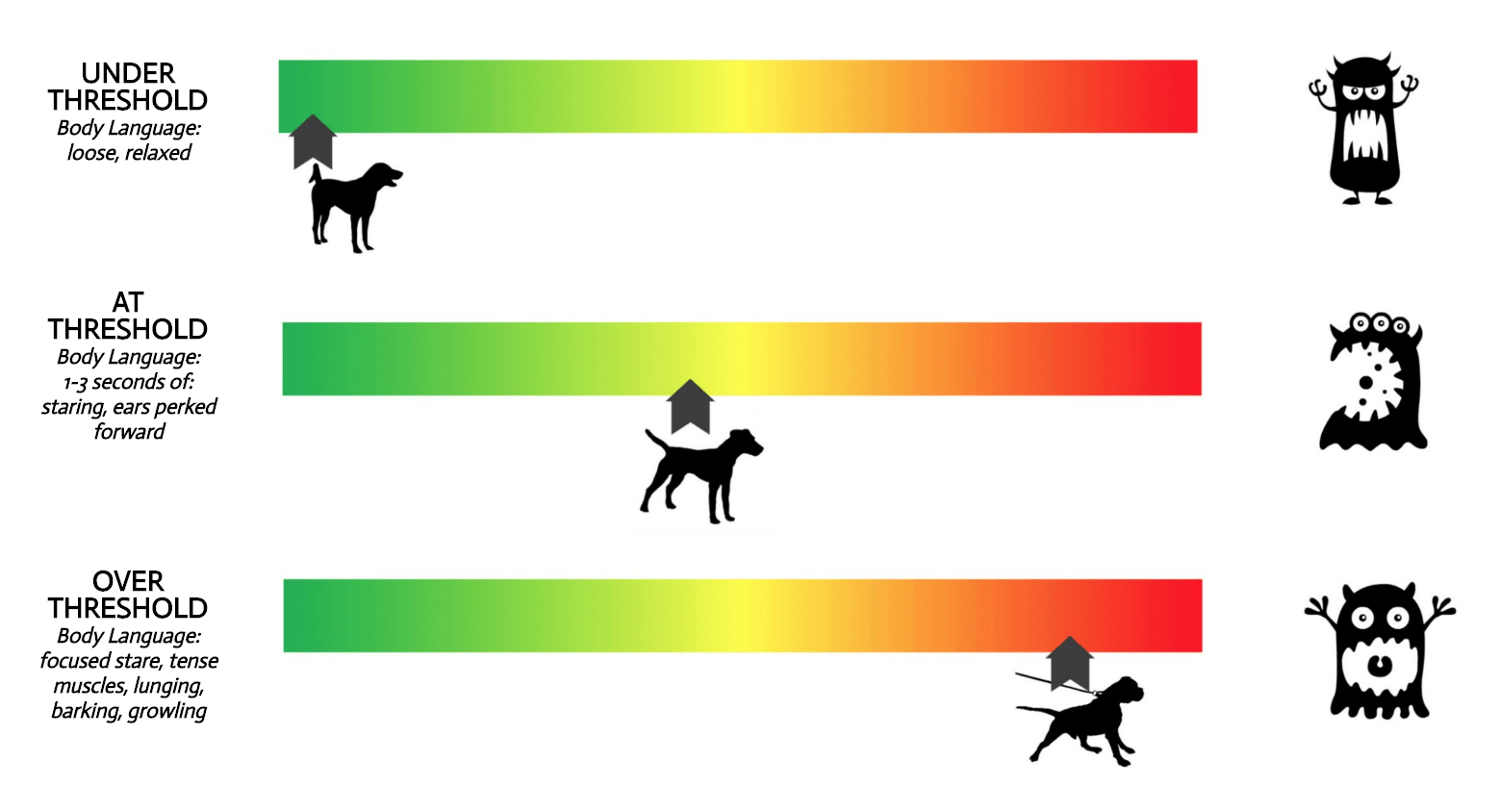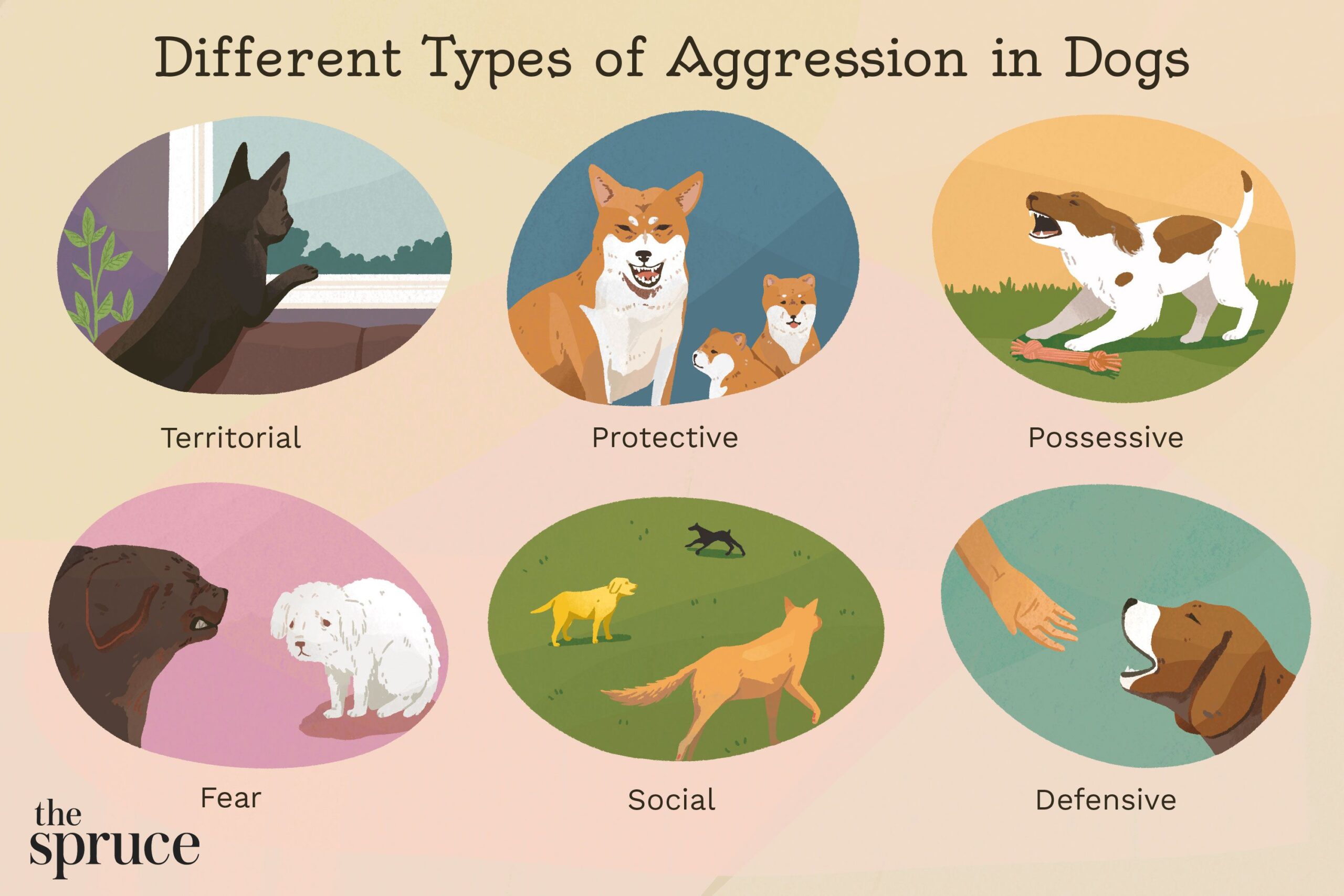Key Takeaways:
- Dog trainers focus on teaching dogs specific behaviors and obedience, while animal behaviorists analyze and modify the underlying causes of a dog's behavior.
- Trainers typically use reward-based techniques to reinforce desired behaviors, while behaviorists employ a variety of methods including positive reinforcement, desensitization, and counterconditioning.
- A dog trainer can be certified through various organizations, whereas an animal behaviorist usually holds advanced degrees in animal behavior or related fields.
- While trainers primarily work with dogs and their owners on basic commands and manners, behaviorists often deal with more complex issues such as aggression, anxiety, or phobias.
- Both trainers and behaviorists play important roles in improving a dog's overall well-being; trainers help establish good habits and obedience, while behaviorists address underlying behavioral problems for long-term change.
Are you a dog lover? Do you often find yourself fascinated by the behaviors and quirks of our furry friends? If so, then you're in for a treat! Today, we'll be diving into the world of dog trainers versus animal behaviorists. Now, you might be wondering why understanding this topic is essential. Well, here's the thing - having a deeper insight into how dogs think and behave can significantly improve your relationship with them. Imagine being able to communicate effectively with your four-legged companion, solving behavioral issues effortlessly, and creating a harmonious environment at home. Sounds amazing, right? Well, that's exactly what delving into this subject can offer you. So, let's embark on this exciting journey together and unravel the secrets behind our beloved canine companions!
1. The Difference Between a Dog Trainer and an Animal Behaviorist
Dog Trainers:
Dog trainers are professionals who specialize in teaching dogs specific commands, tricks, and behaviors. They work closely with dog owners to help them train their pets effectively. Dog trainers use various techniques such as positive reinforcement, clicker training, and repetition to teach dogs new skills.
They focus on obedience training, which includes commands like sit, stay, come, and heel. Dog trainers often work with dogs of all ages and breeds, from puppies to adult dogs. They help address common behavior problems like jumping on people or pulling on the leash.
Animal Behaviorists:
Animal behaviorists are experts who study animal behavior and aim to understand why animals behave in certain ways. They have a deep understanding of animal psychology and use this knowledge to analyze and modify problematic behaviors in animals.
Animal behaviorists typically work with a wide range of animals, not just dogs. They may work in research settings or directly with pet owners to help address behavioral issues that go beyond basic obedience training. Animal behaviorists often develop behavior modification plans tailored to each individual animal's needs.
2. How Dog Trainers Teach Dogs New Tricks and Behaviors
Dog trainers use positive reinforcement techniques to teach dogs new tricks and behaviors. Positive reinforcement involves rewarding desired behaviors with treats, praise, or playtime. This method helps dogs associate the desired behavior with something positive, making them more likely to repeat it in the future.
Here's how dog trainers teach a new trick:
- The trainer breaks down the trick into smaller steps.
- The trainer demonstrates each step while giving the command associated with it.
- When the dog successfully performs a step, the trainer rewards it with a treat and praise.
- The trainer gradually adds more steps until the dog can perform the entire trick.
Consistency and patience are key when training dogs. It's important for trainers to provide clear instructions, use positive reinforcement consistently, and practice regularly to reinforce the learned behaviors.
3. Understanding Why Animals Behave in Certain Ways: What Animal Behaviorists Do
Animal behaviorists study why animals behave in certain ways. They observe animal behaviors, conduct research, and analyze data to gain insights into their motivations and instincts. By understanding these behaviors, animal behaviorists can help modify problematic behaviors or improve an animal's well-being.
Animal behaviorists consider various factors that influence behavior, such as genetics, environment, social interactions, and past experiences. They use this knowledge to develop behavior modification plans tailored to each animal's specific needs.
For example, if a dog is exhibiting aggressive behavior towards other dogs, an animal behaviorist may assess the triggers for this aggression and develop a plan to desensitize and counter-condition the dog to reduce its reactivity. Animal behaviorists often work closely with pet owners to implement these plans effectively.
4. Using Positive Reinforcement: How Dog Trainers Train Dogs
Dog trainers primarily use positive reinforcement techniques to train dogs. Positive reinforcement involves rewarding desired behaviors with treats, praise, or playtime, which encourages dogs to repeat those behaviors in the future.
Here are some ways dog trainers use positive reinforcement:
- Giving treats or verbal praise when a dog follows a command correctly
- Using clicker training where a click sound is paired with treats to mark desired behaviors
- Using playtime or a favorite toy as a reward for good behavior
- Ignoring undesired behaviors to avoid reinforcing them
Positive reinforcement creates a positive and enjoyable learning experience for dogs. It strengthens the bond between the dog and its owner, making training sessions more effective and enjoyable.
5. When to Consult an Animal Behaviorist Instead of a Dog Trainer
If your dog is exhibiting severe behavior problems or if basic obedience training methods haven't been successful, it may be time to consult an animal behaviorist. Here are some situations where an animal behaviorist can help:
- A dog with aggression issues towards people or other animals
- Fearful or anxious dogs that exhibit destructive behaviors
- Dogs with compulsive behaviors like excessive licking or tail chasing
- Animals with phobias or separation anxiety
An animal behaviorist has the expertise to assess complex behavioral issues and develop customized behavior modification plans. They can provide in-depth analysis and guidance to address underlying causes of problematic behaviors.
6. How Long Does It Take for a Professional Dog Trainer to Train a Dog?
The time it takes for a professional dog trainer to train a dog depends on various factors such as the dog's breed, age, temperament, and the specific skills being taught. While there is no set timeframe, it generally takes several weeks to several months of consistent training sessions for a dog to learn new behaviors.
The trainer needs to consider the individual needs of each dog and work at their pace. Some dogs may pick up commands quickly, while others may require more time and repetition.
7. Certifications and Qualifications Required for Becoming a Dog Trainer or Animal Behaviorist
Becoming a dog trainer or animal behaviorist typically requires a combination of education, experience, and certifications. While specific requirements may vary, here are some common certifications and qualifications:
- Completion of courses in dog training or animal behavior from accredited institutions
- Hands-on experience working with dogs or other animals
- Obtaining certifications from reputable organizations such as the Certification Council for Professional Dog Trainers (CCPDT) or the International Association of Animal Behavior Consultants (IAABC)
- Continuing education to stay updated on the latest training techniques and research in animal behavior
These certifications and qualifications demonstrate a trainer's commitment to professional development and adherence to ethical standards in their practice.
In conclusion, both dog trainers and animal behaviorists play important roles in helping dogs. Dog trainers focus on teaching obedience and basic commands, while animal behaviorists specialize in understanding and addressing behavioral issues. Together, they work to improve the well-being and relationship between dogs and their owners.
Are animal behaviorists worth it?
Engaging the services of a dog behaviorist can often be an effective remedy for addressing behavioral issues in dogs. They have the expertise to assist in puppy training and facilitate the adjustment of a new dog to a different environment. Nevertheless, if your dog's behavioral problems are rooted in a medical condition, it is imperative to consult a licensed veterinarian who can diagnose the issue and provide appropriate medication.
When should a dog see a behaviorist?
According to Dr. Bright, dogs with separation anxiety, aggression towards humans, and reactive behavior towards various stimuli such as cars, skateboards, other dogs, and people should seek professional assistance.
What does an animal behaviorist do?
Animal behaviorists observe and analyze the behavior of animals to understand the reasons behind their actions and identify factors that can lead to behavioral changes. These experts often focus on specific animal categories, such as fish, birds, larger animals, wildlife, domesticated animals, or livestock.
What is the difference between a Behaviourist and a trainer?
A dog trainer can assist you in enhancing your abilities to train your own dog. Dog behaviorists specialize in addressing emotional issues that dogs may experience, such as anxiety, fear, or frustration.
What are the three styles of dog training?
Various dog trainers and pet guides suggest different approaches to teaching your dog. Despite the initial confusion, these methods can be categorized into three main techniques: the traditional dominance method, the scientific method, and the positive reinforcement method.
How much does a vet Behaviourist cost?
The cost of behavior consultations with a clinical animal behaviorist (CAB) varied between £90 and £400. The average price was determined by combining the results from an online survey and a survey of members of the British Veterinary Behavior Association. The data was collected on December 15, 2018.

















